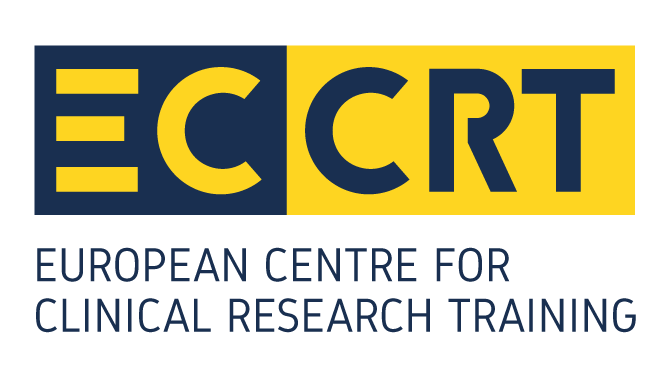Risk Management in Clinical Research – Blended
Book a session
| Date | Product | Location | Price | |
|---|---|---|---|---|
| 26/11/2024 | Risk Management in Clinical Research | Brussels | EUR 1175.00 | Book |
| If you would like to have this course as an in-house session click here | ||||

About this course
Reasons to attend
You want to know the ins and outs of risk management in clinical research? You want to be prepared and try to avoid being a fireman in your trials? Follow this blended learning course with a focus on risk analysis and risk management techniques in clinical projects. It will show you how risk management can improve the quality of your project. The face to face training, supported by eLearning, gets the best outcome and you can learn at your own pace.What's included?
- Documents and materials related to this course are included
- Globally recognised certificates awarded after test completion
- This course has been granted PharmaTrain Recognition
Course schedule
We provide this course in two distinct formats: Classroom OR OnlineThis course is a blended learning course, which means it is broken into two parts. The eLearning session must be attended before the face to face training as its content fits to the practical approach during face-to-face training.Classroom with eLearning:
| Webinars with eLearning:
|
Course Description
This is a course not to be confused with risk management in pharmacovigilance or Risk Based Monitoring. It demonstrates the importance of using risk analysis and risk management techniques in Clinical Research Programme Management as recommended by ICH-GCP E6 (R2). It will provide participants with the basics for risk management processes applied to clinical trials.The face-to-face session will implement the eLearning materials in practice: how to define, evaluate and characterise risks and also how to devise and implement specific techniques and strategies for risk management. Lively discussion and action planning session with all participants are main in the classroom part as interactive workshops are analysed and actions will be discussed. Here you will benefit not only from the trainer’s but also learn from each other’s experiences.The complementary eLearning course includes interactive quizzes and exercises for self-assessment to provide a better understanding of each part of the course. You will be able to test your comprehension with a final grading assessment. Click the link to open the Course Programme and get detailed information about the course structure and chapters duration.Programme highlight
- Why should risks be managed in Clinical Trials?
- How to identify risks?
- How to analyse risks?
- How to mitigate risks?
- How to monitor and control risks identified?
- How to document the risk management process?
- Risks versus issues and CAPA.
- Difference between Risk Management and Risk Based Management
Learning objectives
- Identify risks associated with clinical projects
- Learn how to assess risks & avoid risk areas
- Evaluate the risk benefits and prioritize actions
- Reduce impact on other projects and the likelihood of failure
- Develop risk-handling strategies and management plans
- Understand the importance of the risk monitoring and control step in the risk management process
Who should attend
Clinical Research Managers and Project Managers. Lead Clinical Research Associates (CRAs) who want to set new goals for their career as clinical research project team leaders.
Competencies
This course covers competencies that are part of the ECCRT Competency Framework
- Scientific Concepts & Research Design (1)
- Ethical & Participants Safety Considerations (0)
- Investigational Product Development and Regulation (3)
- Clinical Studies Operations (GCPs or ISO 14155) (1)
- Study and Site Management (1)
- Data Management and Informatics (0)
- Leadership and Professionalism (1)
- Communication (0)
- Teamwork (0)
- Business acumen (0)



Gemma Bruno
Ime Fraunhofer
Mieke Tempels
Archer Research
Colin Debaigt
Nice University